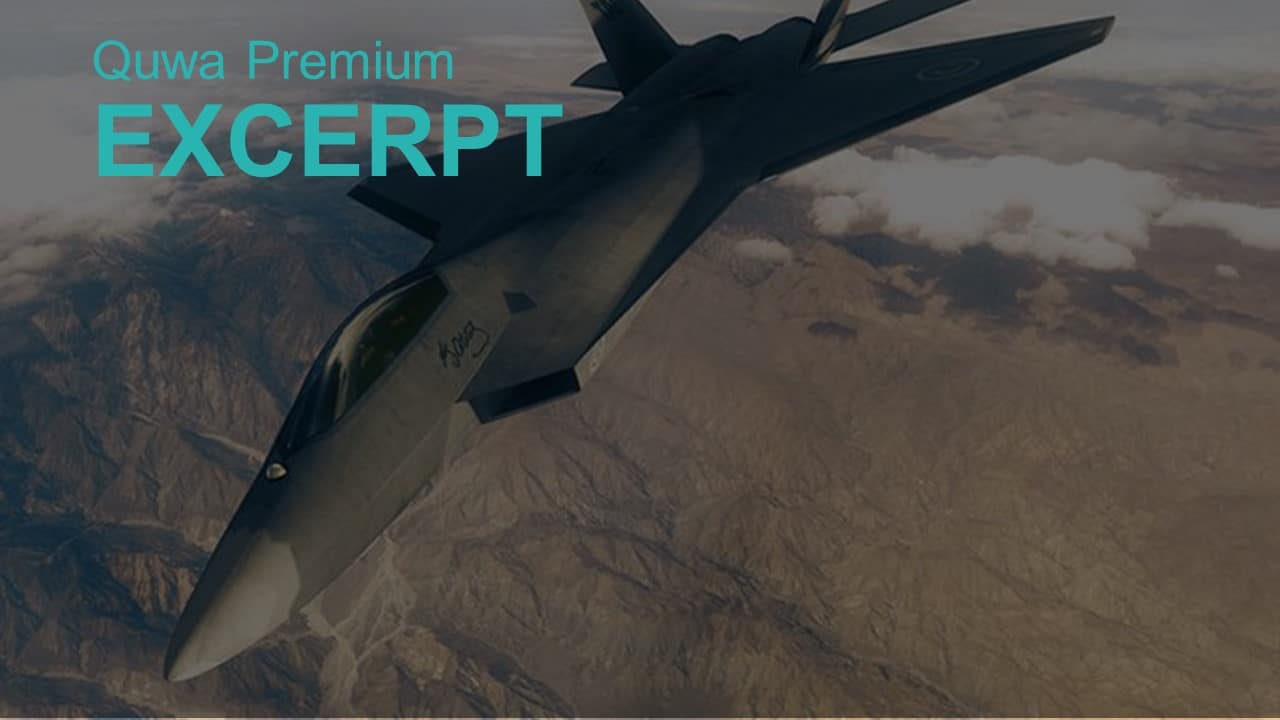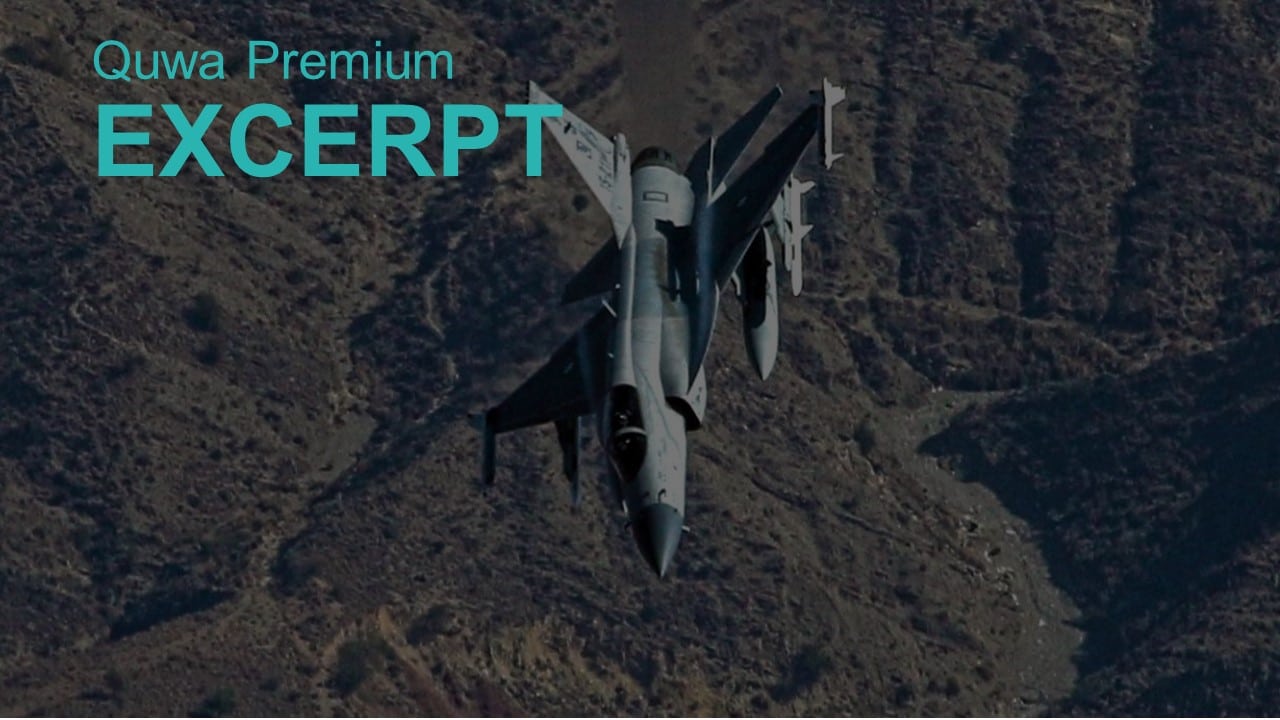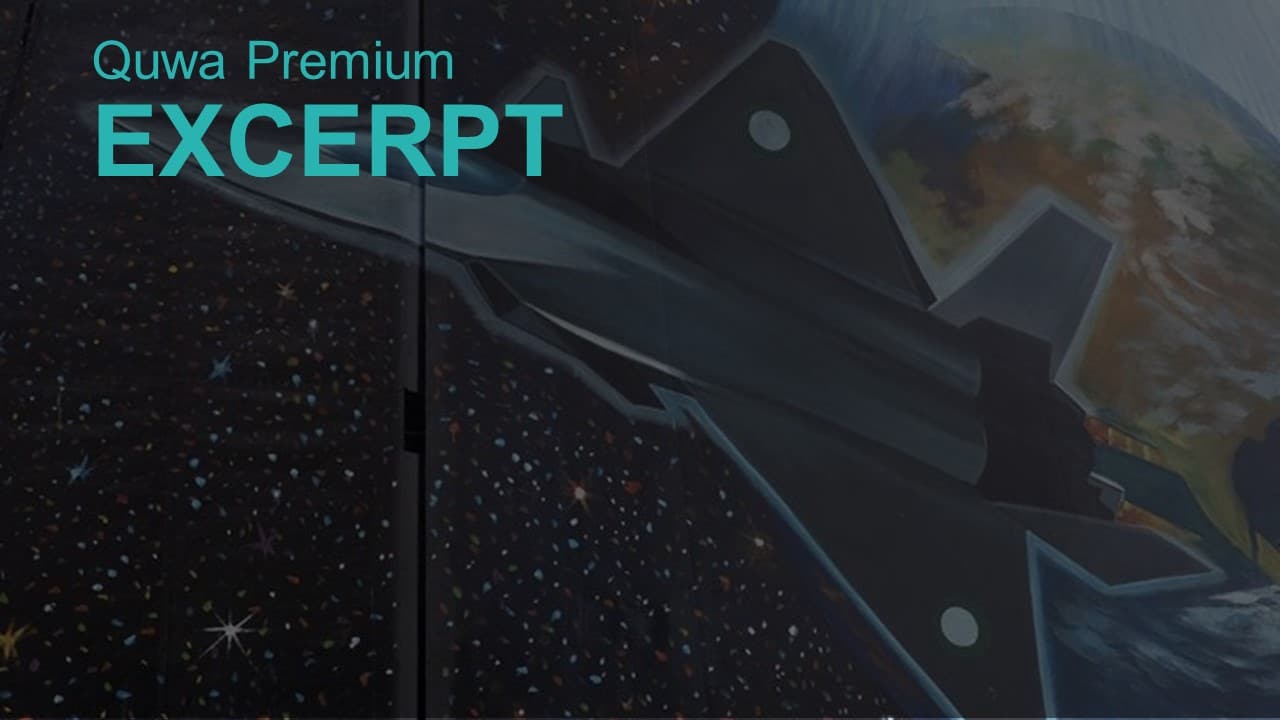2335Views

The Question of Collaborating with Turkey on Defence
In 2016, Pakistan and Turkey began negotiations on multiple big-ticket defence programs for the Pakistani military, most notably four MILGEM Ada corvettes and 30 T129 ATAK attack helicopters. Pakistan officially inked both programs – totalling $2.5 billion to $3.0 billion in value – in 2018.
In addition, Turkey also got a $350 million US contract to extensively upgrade Pakistan’s three Agosta 90B submarines and supply up to reportedly 50 ASELPOD targeting pods. Turkey is pining to win additional contracts, sensing opportunities in drones, utility helicopters, anti-tank guided missiles, and other areas.
Though the procurement side of the relationship amounts to at least $3.0 billion US in value, it covers only a portion of Pakistan’s long-term defence requirements. In the next 15-20 years, many other assets in use by the Pakistani military will start nearing either obsolescence and/or unserviceability due to age.
The most important of these are, arguably, the Pakistan Air Force’s (PAF) F-16A/Bs, which will reach the limits of their airframes’ lives. In addition, the Pakistan Army Aviation Corps (PAA) is operating dozens of SA330 Puma helicopters in the transport and utility role, while the Pakistan Navy (PN) relies on its various Sea King models for search-and-rescue (SAR), troop transport, anti-ship and anti-submarine warfare.
Granted, the question of replacing these assets (among others) will not take priority for at least a decade, but as far as the Turks are concerned, there can be an opportunity to promote its next-generation aviation programs, such as the TF-X fighter and 10-ton General Purpose Helicopter, for example.
However, while off-the-shelf procurement will remain an option (be it from Turkey, China or Europe), the ‘wave of next-generation equipment’ could also spur more effort towards in-house design, development, and production. The PAF is already working along these lines through Project Azm, i.e., its umbrella project for developing a medium-altitude long-endurance (MALE) drone and next-generation fighter.
But can Pakistan collaborate with Turkey on fighter aircraft, helicopters, and potentially other applications such as surface warships, submarines, drones, armoured vehicles, and munitions?
End of Excerpt (332 / 1,345 words)
You can read the complete article by logging in (click here) or subscribing to Quwa Premium (click here). If you are already logged in, you can access the article by clicking here.


